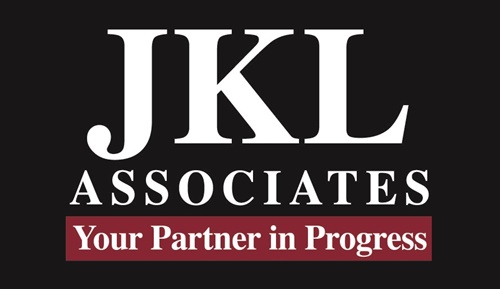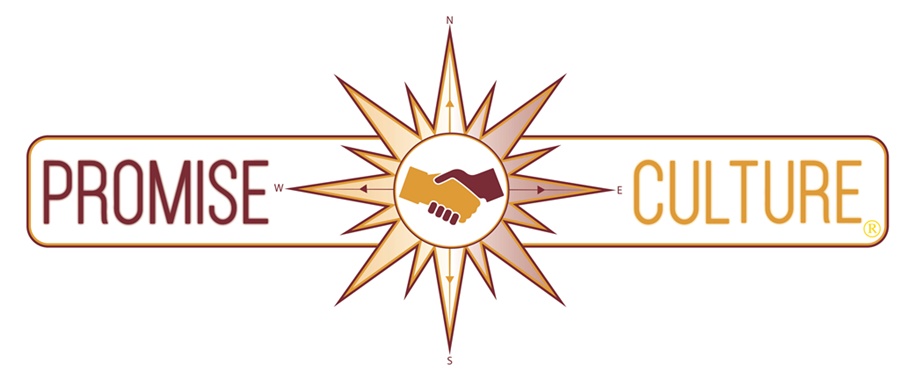It seems like a pretty simple question, and in theory, there should be a corresponding answer or plan of attack to complete the items for the day. Unfortunately, too many team members arrive at work daily and start their day asking themselves this question. So, the questions for leadership are: Why are team members uncertain of their priorities and points of contribution? What can the organization do to enable better understanding and focus among team members? For the bad news, there is no one answer as to how or why this takes place, and additionally, each organization needs to address the matter in ways that their culture supports.
A few observations from working with various organizations and the challenges they have experienced with team members over the years.
Organizations make weak efforts to onboard talent to the roles they are hired to perform.
Team members have different understandings of how they fit into the organization’s puzzle, which disconnects their efforts from contributing to outcomes.
Team members are not realizing self-worth and/or self-gratification in their work activities.
Team members have not been invested in how they should plan and prioritize their day.
Too much is left and assumed to be the team member’s responsibility by leadership, and the incoming talent is unsure of their roles.
There is a general weak level of accountability to results until a deadline is missed or the budget is exceeded. There is no interim pulsing to gain support and guidance.
Leadership chooses to accept what it has because it doesn’t want the distraction of having to replace a resource. It knows what it has and sticks with it to a fault.
Each reader likely witnesses many more observations. The point is to raise leaders’ consciousness so that it is their direct responsibility and accountability to lead in this effort. We are not defending team members for their contribution to the problem, nor the leadership, either. It is not about pointing fingers. It is entirely about identifying a situation, prioritizing it, and planning a means to address it to correct the matter.
This week’s call to action is about leadership stepping back and asking yourself the tough questions about the impact you, as the leader, are having on team success because of your lack of engagement in developing teams to achieve at their greatest level. You can stress all you want about how this or that generation does or does not do this or that, but inaction speaks as loudly as taking action. One just kicks the can down the road, and the other starts the process of improvement.
Part of attracting the best talent is having a culture where team members have a framework of success they understand and can contribute to. When you attract the best talent, they plug into your culture more rapidly and contribute sooner. They still need a solid model by which they can appreciate and be appreciated. Oddly enough, many team members are seeking organizations that have foundational frameworks by which they can gain self-worth and be a real member of a team, and not just another person in a group. The talent pool today and moving forward is the result of many societal dynamics that all past leaders have dealt with during their time leading. They are likely different challenges around people issues, but in the end, leadership owns the success of its people and, in turn, the organization’s success.
As a leader, now is the time to engage a Promise Guide to be on the journey with you to high results and best outcomes. Give JKL Associates a call at MI (313) 527-7945 or FL (407) 984-7246
COPYRIGHT – JKL ASSOCIATES 2025
QUESTIONS OR COMMENTS – EMAIL US AT PARTNERS@JKLASSOCIATES.COM OR CALL OUR OFFICES – MI AT (313) 527-7945 FL AT (407) 984-7246
Celebrating 30 years of Delivering on “Promises”




